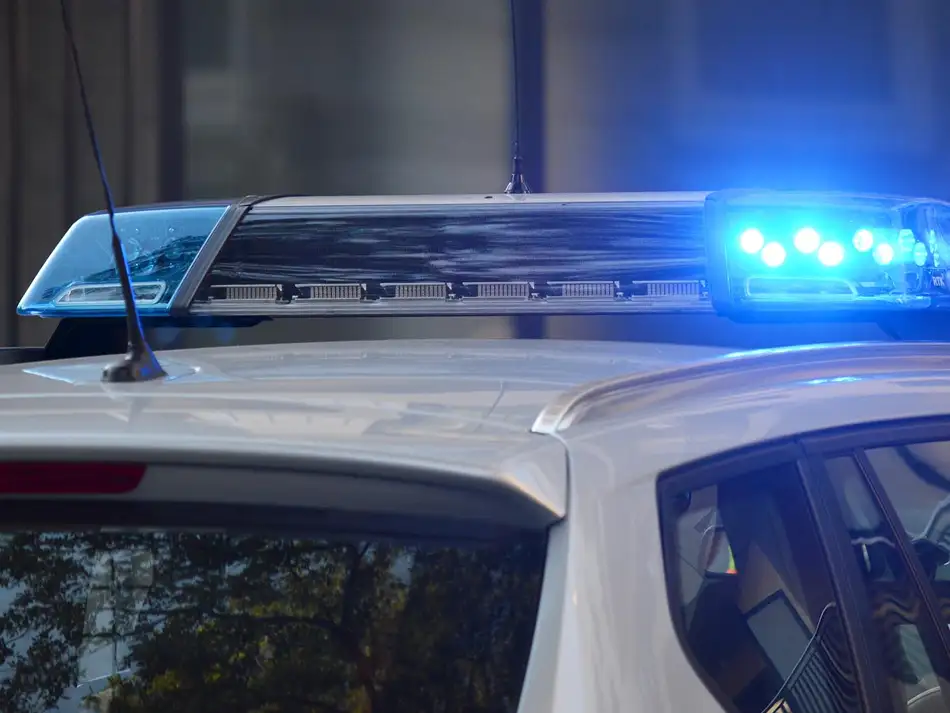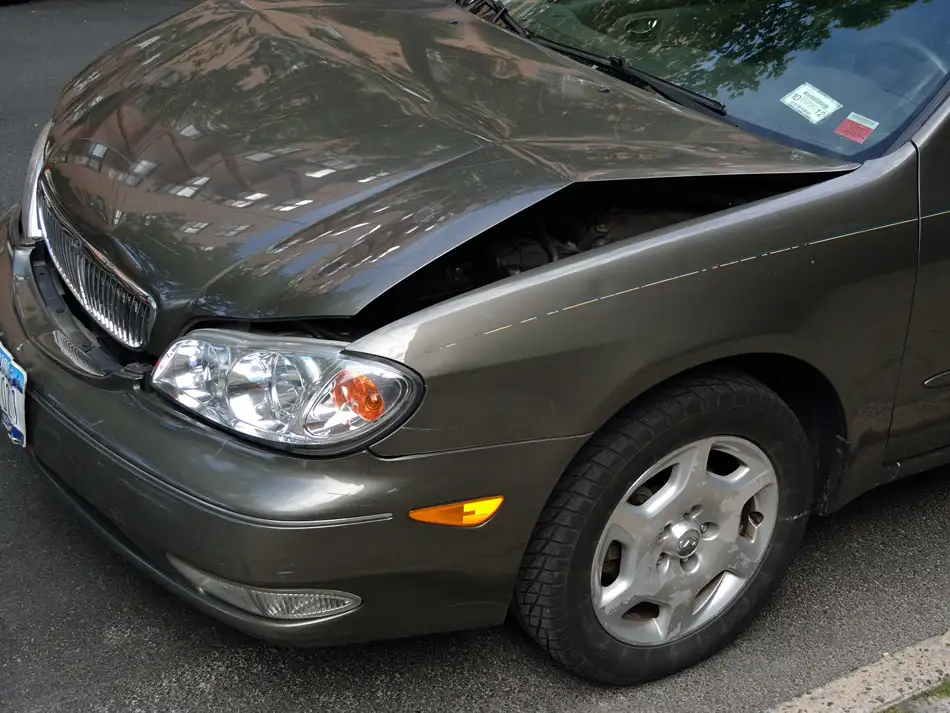
Learn what to avoid on social media so you don’t ruin your chance at compensation after a car accident
Social media remains a popular way to connect with family and friends, with around 7 out of 10 people in the U.S. claiming that they use at least one platform. But whether you’re an avid YouTuber or prefer connecting with your family on Facebook, the truth is that you never really know who might be viewing some of your posts.
Telling your story online might seem like a good idea when you’re trying to garner support after a car accident, but it will almost certainly do more harm than good. Even innocent photos of you enjoying time with your kids during your recovery could call your injuries into question and impact your claim.
To protect yourself, it’s essential to understand what insurance companies are looking for on social media so you don’t make a mistake that could hurt your chance at compensation.
What do insurance companies look for on social media to discredit car accident claims?
Once you file a car accident claim, insurance companies quickly get to work on an independent investigation that often includes checking social media posts. As they conduct their cybersurveillance, an insurance company and the defendant’s attorney will look for anything you post that could contradict your claim.
This might include comments about the details of the accident or how you’re feeling. They might also look at check-ins and statuses to see if you’re visiting locations that conflict with your injuries, such as hanging out at a ski resort with an injured back.
Even though all you may have done on the trip was sit and watch everyone else have fun, the insurance company can use that information to try to prove that you’re capable of doing more physical activity than you claim.
How can posting on social media after an accident harm your personal injury lawsuit?
Naturally, having photo evidence of you engaging in heavy physical activity can make it seem as though your injuries aren’t as serious as you claim, but even posts of you sitting down and socializing with friends can be used against you.
Some people falsely believe it’s okay to post on social media after an accident if their account is private. But the truth is, even “private” posts can be accessed in legal settings, potentially unveiling information detrimental to the claim.
Because of this, it’s best to always keep in mind how an insurance company or court might view your posts. Here are just some of the ways social media posts could hurt your personal injury lawsuit:
- Inconsistent statements. Posting details about the accident might contradict official statements made to police or insurers, weakening the claim’s credibility.
- Perceived severity of injuries. Sharing photos or videos of physical activities can give insurers evidence to argue that injuries are not as severe as claimed.
- Timeline discrepancies. Posts might create confusion about the timeline of events, leading to doubts about the claim’s accuracy.
- Emotional well-being. Posts indicating a positive mood or emotional well-being can be used to argue against claims of emotional distress or trauma.
- Fault admissions. Casual comments or apologies about the accident can be misconstrued as admissions of fault or guilt.
- Misinterpretation. Comments or images can be taken out of context, leading to misinterpretations that may harm the claim.
In truth, the only way to prevent the insurance company from using social media against you is to not use it.
What should I do in a car accident that is not my fault?
Learn the steps to take after a car accident to minimize your liability and protect your rights.
What should you not post on social media after an accident?
While it’s optimal to avoid posting anything on social media at all, making sure to avoid posting the following types of information can help you maintain a safer online presence:
- Any details of the accident
- Any comments that convey anger, guilt or other negative emotions
- Any disparaging comments about the insurance company or defendants
- Any posts that display your location
- Any photos or videos, even if they seem unrelated to the accident
- Any posts about your current activities or events you attend
It should also be noted that you’ll want to talk to your loved ones about keeping your information private. Ask your friends to avoid mentioning you in comments and tagging your profile, which could also be seen by the insurance company or defendants.
Examples of how social media posts can be misinterpreted

Your post
Enjoying our last day of summer before 4th grade!
Behind the scenes
Your daughter’s been begging you to take her to the park. You decide to load up on pain medicine and do your best to push her on the swing a few times before you have to give up and sit on a nearby bench because you’re in too much pain.
Insurance company’s interpretation
Your shoulder injury can’t possibly be that bad if you’re able to push your child on a swing. You must be milking it to get more money.

Your post
Finally having my besties over for a summer BBQ!
Behind the scenes
You wanted to impress your friends with one of your infamous homemade meals, but you ended up having your husband buy everything pre-made from the store because you’re in too much pain to prepare it yourself.
Insurance company’s interpretation
Your pain can’t be that severe if you spent all day cooking and entertaining friends. Your injury must not be as serious as you claim.

Your post
Finally enjoying our long-awaited weekend in the great outdoors!
Behind the scenes
Your best friend is moving across the country, and for months, you’ve been planning one last camping trip before she goes. You’re in pain the whole time but decide to grin and bear it because you don’t know when you’ll see her again.
Insurance company’s interpretation
Your back injury can’t be that debilitating if you’re sleeping on a camper mattress. You must be exaggerating.

Your post
Having the time of our lives at the Taylor Swift concert!
Behind the scenes
You try your best to enjoy the concert, but you end up leaving after only a few songs because your pain medicine wears off, and your ankle hurts so bad that you can’t continue standing.
Insurance company’s interpretation
Anyone capable of dancing at a 2-hour concert is not in serious pain. You must be faking your injury.

Your post
Beautiful ride today! Loving the Florida sunshine and open roads. 🏍️☀️
Behind the scenes
After a minor motorcycle accident, you’ve been dealing with a head injury. As per Florida’s motorcycle helmet law, you’re supposed to wear a helmet while riding (with some exceptions), especially given your recent accident. However, you chose not to today, just for a quick, liberating ride around the neighborhood.
Insurance company’s interpretation
If you’re not wearing a helmet while riding, as seen in your latest social media post, it raises questions about your commitment to safety and compliance with Florida’s motorcycle helmet law.
This could be used to argue that your head injury was exacerbated by your own negligence, potentially impacting your claim.
Do I need a personal injury attorney for a minor car accident?
Learn when and why an attorney might be necessary—even after a minor car accident.
Is it okay to make private posts after an auto accident?
While making posts private after an auto accident may seem like a safer option because of restricted visibility, it’s still not without risk. Here’s why:
- No true privacy. Even with privacy settings on, posts can be screenshotted, shared or accessed in certain circumstances.
- Accidental shares. Sometimes, friends or followers might share a post, comment or photo without realizing the implications, making it visible to a wider audience.
- Possible admissions. Even in private settings, admissions or comments about the accident can be used against you. Anything written or shared could be taken out of context.
- Legal discoverability. In legal proceedings, private posts may become discoverable evidence. This means opposing counsel could gain access to them and use them in court.
- Changing privacy settings. Privacy settings and platform policies can change. What’s private today might not remain that way in the future, leading to the unintended exposure of posts.
Given these considerations, the safest course of action is to avoid discussing the accident, your injuries, or any related matters on social media entirely, regardless of the privacy settings.
What if I already posted about my accident? Should I erase it?
Oversharing is common, especially when you’re dealing with the strong emotions that occur after a car accident. If you’ve already posted things since your accident that you’re worried could affect your claim, do your best to resist the urge to delete them.
Deleting posts could potentially be seen as tampering with the evidence in your case. If your posts have already been found by an insurance company, then having them suddenly go missing could make you look like you have something to hide.
The best way to handle this situation is to immediately contact a personal injury attorney who can look at your social media profiles and help you determine the best way to proceed with your case.
Can a court order you to turn over your social media for evidence?
Unfortunately, the short answer is yes.
Considering that you need a password to access them, social media accounts can feel like they’re your personal private property. However, this is not always the case.
In recent years, social media has played a significant role in car accident cases, and there have been instances where people have been ordered to turn over their account information. The statements that you make on social media could be used as admissible evidence in court, which is why it is best to say nothing at all.
Contact an experienced Miami car accident attorney to protect your rights after a car accident
Social media has made it easier than ever to share moments, thoughts and feelings with our closest friends. However, in the wake of an auto accident, it’s essential to exercise caution and discretion on these platforms to avoid compromising your claim. If you’re unsure about what you should or shouldn’t share, or if you have concerns about your rights, reaching out to an attorney can provide clarity and protection.
At Redondo Law, experienced car accident attorney Mike Redondo can guide you through the legal process, ensuring that your rights are safeguarded during this difficult time. With a proven track record of success in securing compensation for accident victims in Miami, Mike will fight for your rights and help protect your interests.
Mike speaks both Spanish and English and is happy to offer free consultations to his potential clients. Contact his office today to get started.



